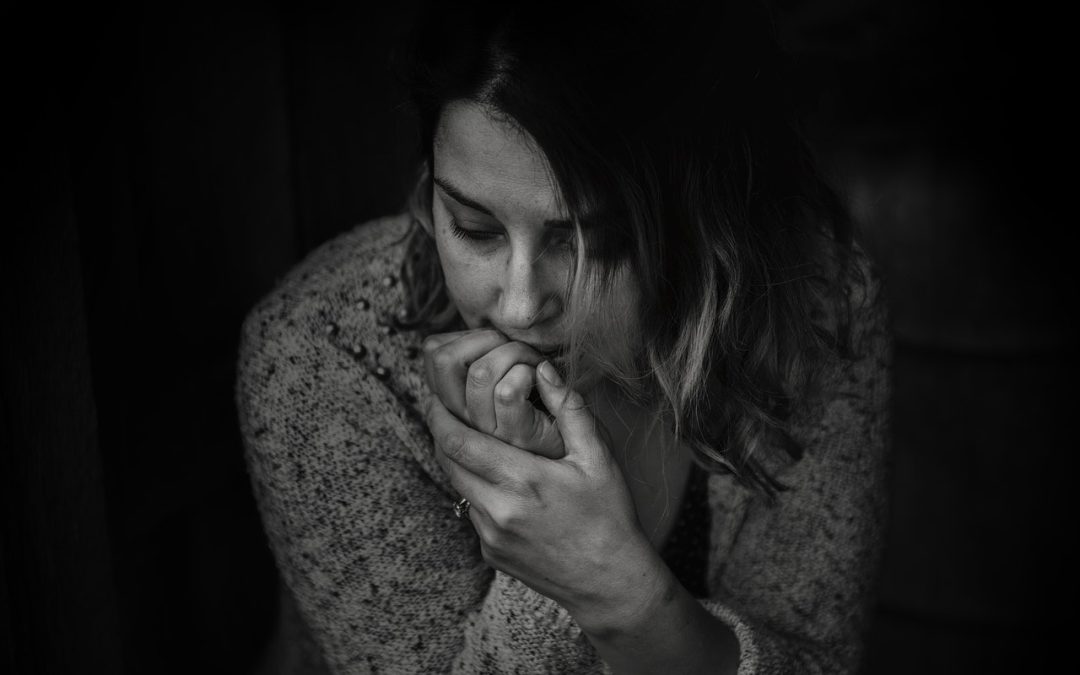Anxiety is a common and often healthy emotion. It can be the feeling that motivates us to leave a dangerous situation or complete a task on time.
It can also motivate us to make healthier choices in our everyday lives that lead to better overall health.
However, too much anxiety can take control of our lives and cause problems in how we approach each new day. In the United States, there are 40 million individuals who suffer from anxiety disorders. It has become the usual mental illness in the country, according to the Anxiety and Depression Association of America (ADAA).
There are many types of anxiety disorders. Though everyone experiences anxiety at some point, it’s unclear what causes people to live with crippling anxiety disorders while others are barely affected.
Mental health experts have classified anxiety disorders into six major categories, each with sub-groups.
6 Major Types of Anxiety Disorders
- Generalized anxiety disorder
- Social anxiety disorder
- Panic disorder and panic attack
- Agoraphobia
- Separation anxiety
- Other specific phobias
Several factors can contribute to chronic anxiety, including anxiety disorders. It’s important for anyone struggling with anxiety to be aware of these causes.
6 Common Triggers of Anxiety
Although the precise causes of stress are not known from a medical standpoint, there are six common emotional experiences that trigger anxiety among many people.
1. Fear
Fear is a primal and important emotion for humans. When we fear, our heart rate increases, and we become more alert.
2. Worry
Worrying causes anxiety about future situations that may or may not even happen.
3. Stress
Stress is a normal and rational response to the problems or tasks we must deal with.
4. Tension
In this context, tension refers to the relationships between people, whether in the family, between partners, or even working professional contacts.
5. Shame
We commit mistakes in our lives, and the shame that comes with it is a way for us to improve ourselves. However, shame or worthlessness or constantly comparing ourselves to others and feeling that we come up short is unhealthy.
6. Angst
Our beliefs about who we are and the world around us constantly change. It can be hard to have a strong, confident sense of self when our beliefs are always in flux.
Physical and Psychological Symptoms of Anxiety
Anxiety disorders can cause various physical and psychological symptoms such as:
- A feeling of tension and nervous or restless
- An impending sense of doom or panic
- Having a hard time concentrating or being unable to stop worrying
- Shying away from day-to-day activities or common situations because of anxiety
- Feeling exhausted, weak, or continually tired.
- Gastrointestinal issues
- Anxiety or fear in response to common situations
How to Manage or Cope with the Causes of Anxiety
There are simple methods to help reduce anxiety levels. These include:
- Exercising regularly
- Maintaining a healthy diet
- Avoiding alcohol or drugs as coping tools
- Practicing mindfulness
Occasionally, a combination of medication and therapy can help ease anxiety symptoms.
Other effective treatments for anxiety target the causes of anxiety, including:
- Cognitive Behavioral Therapy (CBT)
- Dialectical Behavior Therapy (DBT)
- Neurofeedback
- Meditation
These tools help people identify and manage their triggers to live without the constant inner turmoil caused by anxiety.
Conclusion
Anxiety disorders are common, and many people have spoken out about their anxiety. Knowing whether you have a disorder or are just going through a tough time is important. We hope this article helps you overcome it.
Quantum energy products are known to help deal with anxiety. If you’re looking for products such as quantum energy vitamins, supplements, and patches, we have them at QEStrong. Check out our shop page now!







